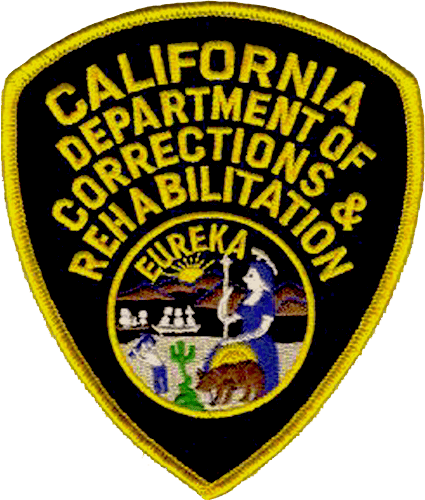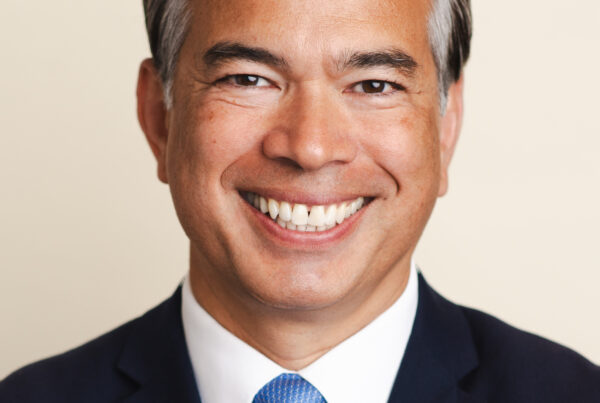The California Department of Corrections was restored as a defendant by the Fourth District Court of Appeal, Division Three.
The Jan. 9 ruling established that Michael Becker’s actions that led to a fatal crash in the morning of Aug. 1, 2018, could have been within the course of his work as a peace officer.
According to the appellate ruling, Becker was driving to work at the California Institute for Men that morning, where he worked as a guard in the culinary unit. Becker was wearing his CDCR uniform, and was carrying a .40 caliber Glock handgun. He was authorized as a peace officer to carry one during off-hours,








